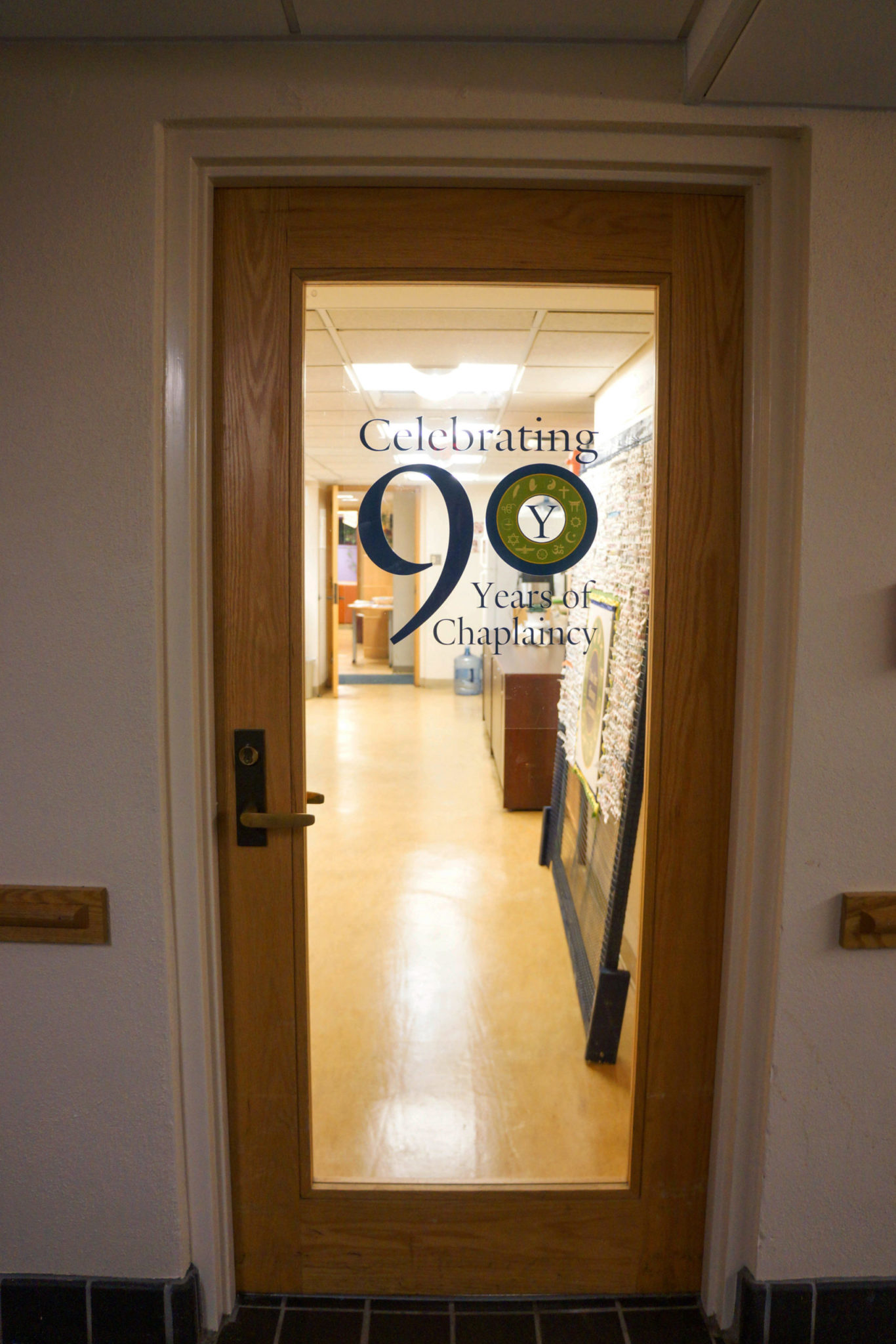
Alisia Pan
A mixture of Yale graduate and undergraduate students will spend a portion of their Spring Break exploring and learning about New Haven as a part of a Yale Chaplain’s Office program.
The program, known as Spring Break New Haven (SBNH), will take students out to numerous Elm City community organizations to learn about Yale’s host and hometown and better connect to each other and New Haveners. The SBNH program has been running for almost a decade, and this year’s iteration will take place over the first week of Yale’s Spring Break. The Elm City experience is unique among other institutional Spring Break offerings because it aims to teach students about the city where they reside. Other programs, such as the Yale International Relations Association trips, focus on distant locales. The Chaplain’s Office program also contains a service aspect, as students spend time volunteering at various local nonprofits over the course of their week.
“Since its inception, SBNH has sought to connect Yale students to the vibrant, dynamic New Haven community,” Associate University Chaplain Rev. Jenny Peek, the trip’s organizer, told the News in an email. “SBNH is a chance for students, both undergraduate and graduate, to connect with one another and get to know New Haven. Throughout the week we think deeply about what it means to be a community. Who is centered? Who is on the periphery? What are spaces that help foster community? Where do community relationships come into tension with one another?”
Housed in the basement of Bingham Hall, the Yale Chaplain’s Office works to foster respect and mutual understanding across religious and other boundaries. The Office also engages in dialogue around faith on campus with the University itself, as well as hosting interfaith service projects and programs like SBNH to encourage meaningful conversation across boundaries, according to its website.
Overall, students will learn about the Elm City and its neighborhoods in an attempt to draw parallels between their own communities and explore ways to be loving neighbors, according to Peek. Organizers also try to foster community among the students participating in the trip, especially because a cross section of professional, graduate and undergraduate students from across the university join in the experience.
On an average day of the trip, students will walk around one of New Haven’s neighborhoods, meeting with community leaders and volunteering at nonprofits. At the end of each day, students and organizers take time to build community with one another and process their experience from their day out. Peek also emphasized that participants have the opportunity to try food from across the Elm City that they may have not experienced before.
“When people come here to volunteer, our hope is that they’re not just performing important service, but they’re also taking something with them in the sense that they’re learning more about the community we serve and about the need for them to be a part of that and take ownership of the issue,” Downtown Evening Soup Kitchen (DESK) Executive Director Steve Werlin told the News in an interview. “While dinner is going on, after people come through, we encourage volunteers to get out from behind the counter and mingle and talk with the guests.”
This year, participants will visit DESK, the New Haven Free Public Library, Congregation Beth El–Keser Israel, Make Haven, ConnCAT, New Haven Reads, St Martin de Porres Academy, Sanctuary Kitchen, Common Ground High School, Urban Farm and Environmental Education Center and the New Haven Pride Center, according to Peek. In addition, they will hear from Dwight Hall executive director Peter Crumlish DIV ’09 about the center and the Yale-New Haven relationship. Students will also receive a tour of Fair Haven from local organizer Lee Cruz.
“[This tour will be] an overview of what is happening in one section of New Haven that [students] might want to consider connecting with,” Cruz, who is also the Director of Community Outreach at The Community Foundation of Greater New Haven, told the News in an interview. “I’m offering a lens through which you look at that relationship with whoever you are trying to help and it’s a different lens than the one that perhaps you are accustomed to.”
Over the week-long program, students stay in their term-time housing, and the Chaplain’s Office provides food each day. There is a $50 fee for participating in the program, but full scholarships are available.
“We visited a synagogue and a couple of churches where I found it compelling to learn about religious communities and what they do to help people in need, whether it’s food or shelter,” said former participant Jennet Nedirmammedova DIV ’20. “I find this contributes greatly to the concept of inter and intrafaith dialogues as we see how these communities not only help people in need but also serve people with various religious backgrounds.”
The first University Chaplain was Elmore McNeill McKee in 1927.
Jose Davila IV | jose.davilaiv@yale.edu







